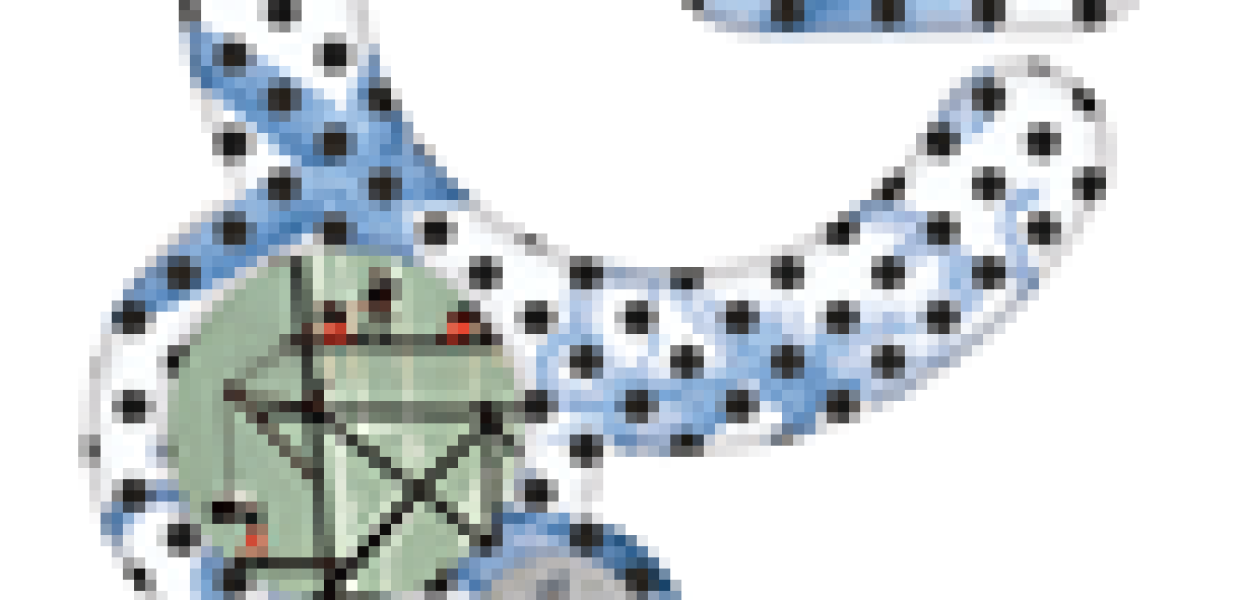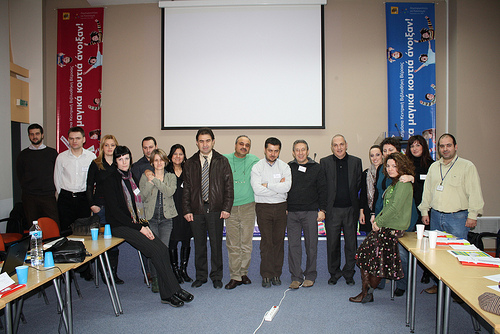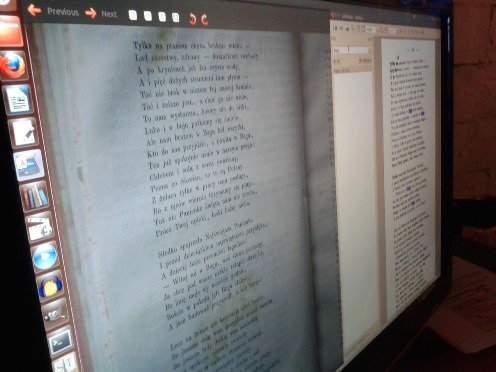Accelerating digitisation of cultural heritage in the Balkans

Today's blog comes from Bogna Wróż, Adam Dudczak and Marcin Werla, Digital Libraries Team Members at Poznań Supercomputing and Networking Center.

ACCESS IT Plus is a two-year (2011-2013) project funded by means of the Culture 2007-13 programme. This project is a continuation of the successful ACCESS IT project (2009-2011), which supported institutions from Serbia, Turkey and Greece. ACCESS IT Plus extends the original scope of this initiative to reach institutions from Albania, Bosnia and Herzegovina, and Croatia. The cultural heritage of these countries is a significant element of European culture and should be widely accessible online, including through international portals such as Europeana.eu.
The ACCESS IT project delivered a unique package of practical training and skills development, supported by clear guidance, to enable smaller, local cultural organisations to effectively deliver and disseminate arts and cultural offerings to the citizens of Europe. One of the main activities was the creation of two e-learning courses, in order to support self-development of knowledge and skills about cultural heritage collections digitisation, online access and aggregation, with respect to the Europeana requirements.

One of the ACCESS IT workshops held in Central Public Library of Veria (Greece).
The first course, 'Digital Repositories for Small Memory Institutions' includes the subjects: how to digitise cultural heritage objects, how to prepare them for online presentation and how to describe them with metadata and organise them in collections. Besides the necessary theoretical background, the course also provides practical instructions which will enable small institutions to create high quality digital content and make it available online to services like Europeana.
The second course, 'Cooperation with Europeana', is aimed at those who want to provide their metadata to Europeana. It covers the underlying vision of Europeana and explains its technical infrastructure. It also provides a detailed explanation of the procedures which have to be followed in order to make digital cultural heritage resources available through Europeana.
The first version of both courses was released in October 2010. Now, as part of ACCESS IT Plus, PSNC together with other project partners, have started work on a major update of these materials to increase accessibility of the courses and enrich them with more examples of digitisation projects. Several changes were also suggested by course users from Serbia, Turkey, Poland and Greece. The most recent version of the courses was released in July 2012.
The distribution and deployment model for the courses was as follows: a base version in English was made available at http://dl.psnc.pl/moodle, under a Creative Commons licence. Each of the participating countries was asked to make a copy of the base courses in order to translate and adapt them. As a result, each country partner is running its own version of the course based on the generic one. At the moment, the following adaptations are available:
- Bosnian, prepared by the National and University Library of the Republic of Srpska from Banja Luka
- Croatian, prepared by the Public Library of Rijeka
- Greek, prepared by the Central Public Library of Veria
- Polish, made by PSNC
- Turkish, prepared by Haccettepe University
- Serbian, prepared by Belgrade City Library and the National Library of Serbia
In order to make the above model possible and to support parallel development of all course adaptations, each time a new version of the base course is released, PSNC publishes a list of changes made since the last release.

DigitLab in action during one of the conferences in Poland.
In addition to the courses, the project has developed one more important tool. In order to simplify the digitisation process and support education based on practice, a set of open source applications has been identified and combined together into a dedicated operating system: DigitLab. This is a digitisation ‘Swiss army knife’ which can be launched from a USB stick and does not require installation on the user’s computer. Examples of DigitLab usage include: creation of searchable PDF files with free OCR tools, preparation of high quality digital versions of old maps and preparation of audiovisual collections for both archiving and online delivery.
Apart from tools dedicated to post-processing of digital content, users can also play with three example digital libraries created using different software packages (dSpace, GreenStone and dLibra). This Ubuntu-based operating system can be downloaded for free, as an ISO image. The project wiki contains detailed instructions which should help users to create a bootable USB stick and use it for various digitisation scenarios.
The courses described in this article provide a huge body of knowledge about digitisation, digital libraries and Europeana. They include detailed, step-by-step manuals showing how to work with digital versions of cultural heritage objects. Thanks to the availability of DigitLab, anyone who is interested can use the knowledge and manuals presented in the courses in practice. If you are interested in using or making your own adaptations of materials and tools that we have prepared, feel free to contact us.
The courses will be further developed as a part of the LoCloud Best Practice Network, which includes partners from 28 European countries and aims to support digitisation and accessibility via Europeana of the cultural heritage held by small and medium sized memory institutions, through provision of cloud-based solutions and training.
